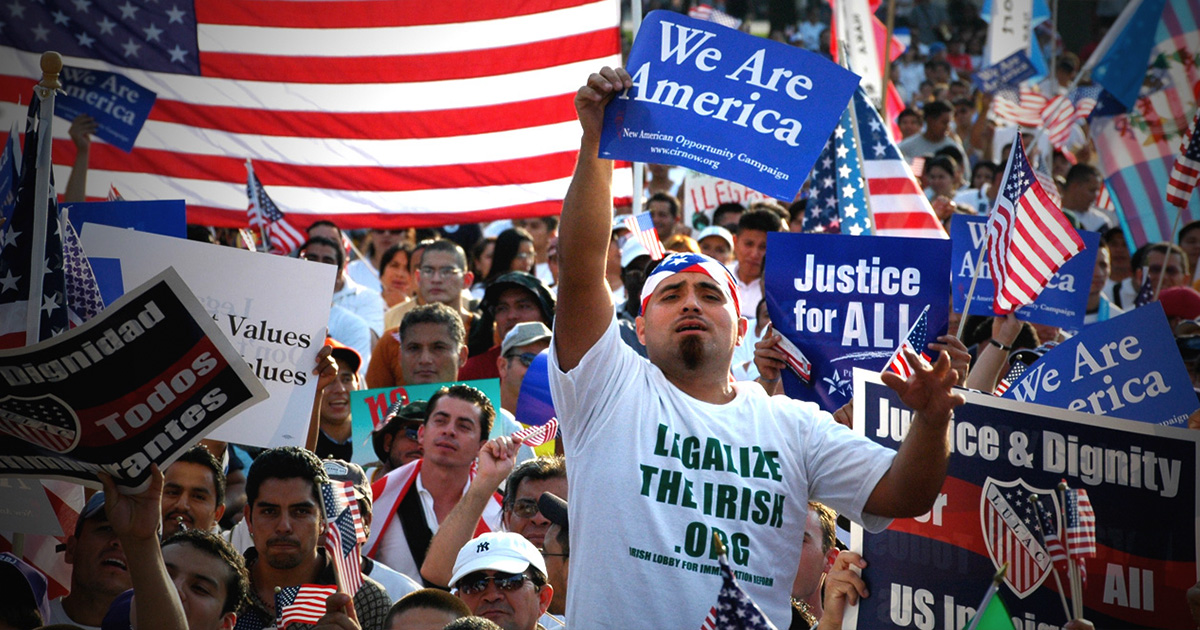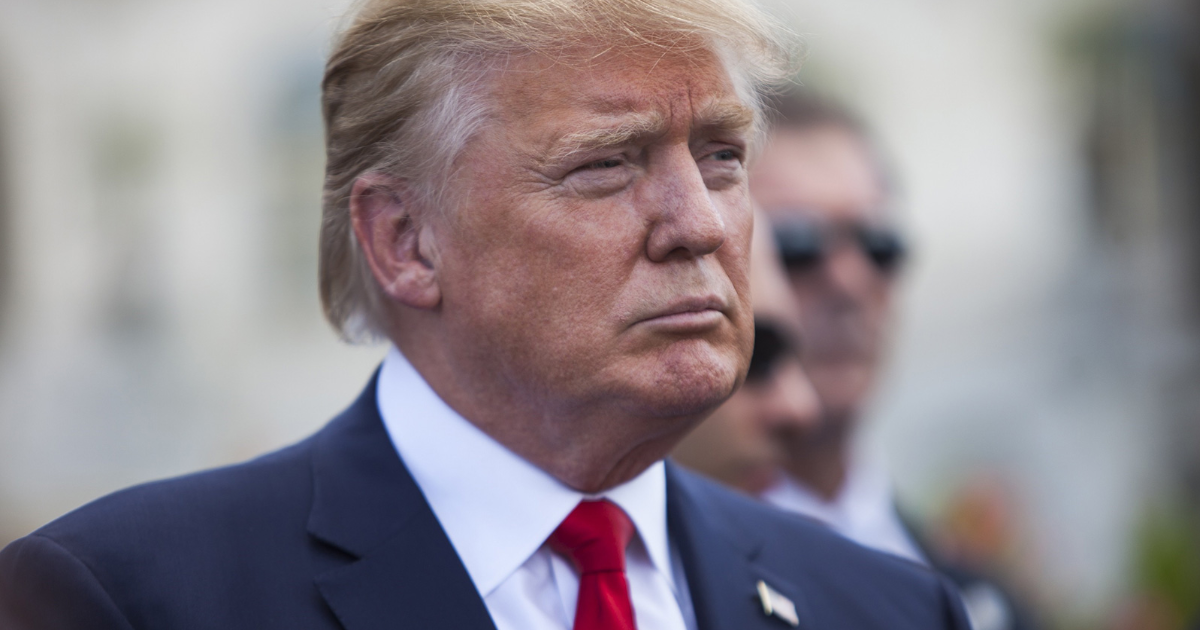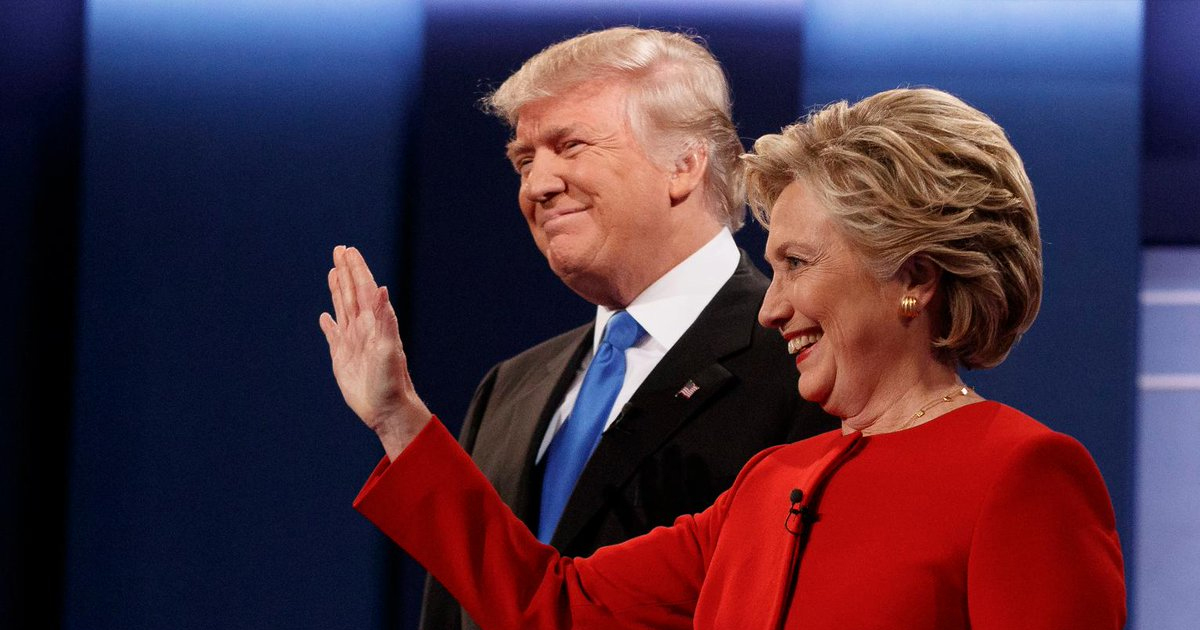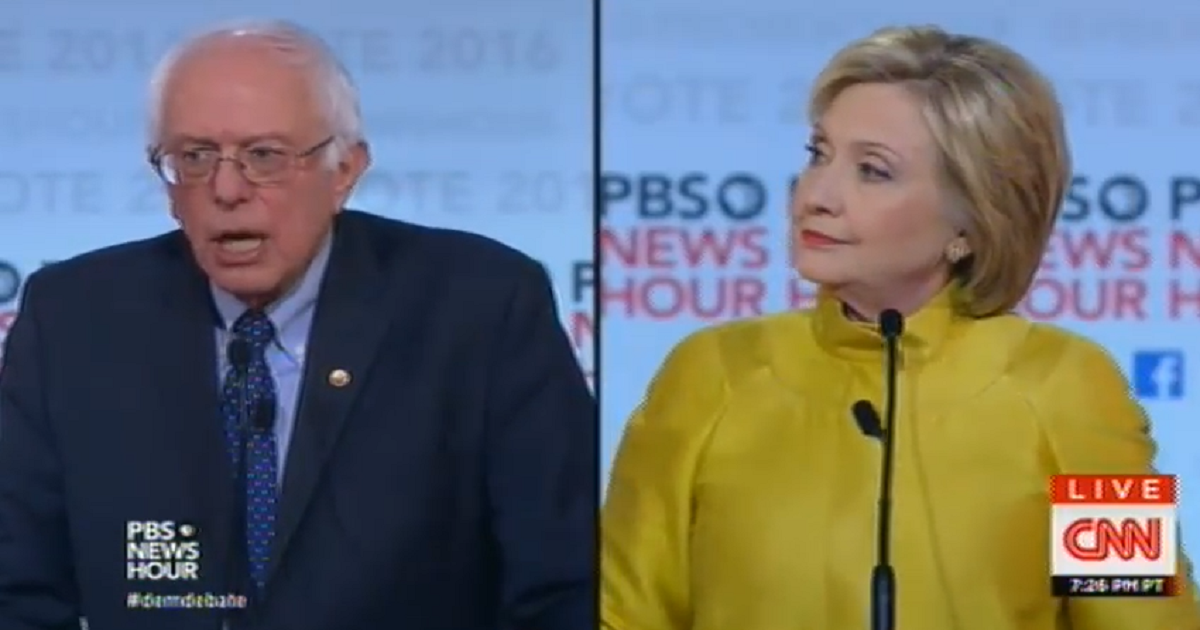The Department of Homeland Security released a pair of memos on Monday that laid out their plans for enforcing President Trump’s Executive Order on Boarder Security and Immigration Enforcement Improvements.
Contained within the memos are provisions for hiring additional agents, scrutinizing Federal aid to Mexico, and building Trump’s beloved wall. But, also addressed are items dealing with the privacy rights of non-citizens, as well publicizing the actions of detained undocumented immigrants, regardless if they have actually committed a crime.
“The Department will no longer afford Privacy Act rights and protections to persons who are neither U.S. citizens nor lawful permanent residents,” states the memo, signed by DHS head John Kelly. This rescinds a George W. Bush-era policy of applying the 1974 Privacy Act to undocumented immigrants. The Bush policy sought to ensure that personal information collected by the DHS was handled fairly, “regardless of whether the information pertains to a U.S. citizen, Legal Permanent Resident, visitor, or alien.” The Bush measure was enacted to build trust with foreign governments and better screen travelers for potential security risks.
This battle for treating non-citizens the same in the eyes of the law is nothing new, though. The election of 1800 saw then-President John Adams taken to task by Thomas Jefferson over the signing of the Alien and Sedition Acts. Nearly 100 years later, the Supreme Court weighed the 1896 Wong Wing v. United States case, where it ruled that the Fourteenth Amendment applied to all people within the jurisdiction of the United States, not just citizens.
The court wrote that, “it must be concluded that all persons within the territory of the United States are entitled to the protection guaranteed by those amendments, and that even aliens shall not […] be deprived of life, liberty or property without due process of law.” Additionally, in 1965’s Griswold v. Connecticut, the Supreme Court ruled that the right to privacy is within the purview of the Constitution. Fortunately, these rulings likely mean Trump’s order will ultimately be deemed unconstitutional.
So, why would Trump want to unconstitutionally strip the privacy protections of undocumented immigrants? Under his Executive Order, medical records, grades, income, and tax information are now at the Federal government’s disposal to help deportation efforts. HIPPA laws and other privacy protections will not exist in the eyes of the DHS. For example, if an undocumented immigrant reveals in health records that they are not in the country legally, the Federal government now could use that information to build a case to deport that person.
In a more sinister possibility, the Federal government could use data collected under the Deferred Action for Childhood Arrivals initiative to hunt down undocumented immigrants. The Obama administration created the DACA with the expressed purpose of helping undocumented families legally accept employment and avoid deportation. As of September of last year, more than 1.6 million people applied for the DACA program. However, the DACA application asked for extensive information, including residential, travel, and educational histories. Families freely gave this information, trusting that it would not be used against them. That information is now at risk of being exploited by the DHS and ICE to hunt down and deport those who provided it in good faith.
The other little-noticed portion of the memo deals with publicizing the activities of those detained by ICE:
“[T]HE DIRECTOR OF ICE SHALL DEVELOP A STANDARDIZED METHOD OF REPORTING STATISTICAL DATA REGARDING ALIENS APPREHENDED BY ICE. […] THE ICE DIRECTOR SHALL ALSO DEVELOP AND PROVIDE A WEEKLY REPORT TO THE PUBLIC, UTILIZING A MEDIUM THAT CAN BE READILY ACCESSED WITHOUT CHARGE, OF NON-FEDERAL JURISDICTIONS THAT RELEASE ALIENS FROM THEIR CUSTODY.”
In addition to any other relevant information, local police agencies will have to report why they released any undocumented immigrant and where they were released to. This information will be freely available and widely circulated in an attempt to keep “sanctuary cities” in line through public shaming.
We have seen this tactic before. In 2011 President Obama tried a similar approach when he greatly expanded the Secure Communities program. That initiative was ultimately cancelled in 2014 after severe public backlash. Studies showed that the efforts of multiple agencies, working together to aggressively deport undocumented immigrants, were completely ineffective at reducing crime.
In 2013, Syracuse University released a study that showed over 47% of those sought by ICE officials, “had no record of a criminal conviction, not even a minor traffic violation.” A 2014 University of Chicago paper showed, “that Secure Communities led to no meaningful reductions in the FBI index crime rate. Nor has it reduced rates of violent crime — homicide, rape, robbery, or aggravated assault. This evidence shows that the program has not served its central objective of making communities safer.”
Though similar ideas have previously failed, the Trump administration hopes that his plan to publicize the actions of detained non-citizens serves as one giant PR campaign to support his costly wall and unproductive sanctions against Mexico, while also condemning sanctuary cities within the United States.
We can expect that the reports soon coming from the DHS will highlight which cities haven’t complied with Trump’s directives. They’ll champion mass deportations, detailing any tax savings that may have resulted from those non-citizens using government services. ‘Sure, the wall cost taxpayers $21.6 billion dollars, but by deporting this high school student, we offset a few thousand!’ And, ‘in exchange for trashing the Constitution, we removed these farmers and got a few of your low-wage jobs back!’ Of course, they won’t show you that despite spending billions in taxpayer funds, crime rates will remain flat. They won’t highlight how many innocent families will be subjected to the heavy hand of government. And they surely won’t detail how many times these undocumented immigrants had their constitutionally protected rights violated by DHS and ICE agents.
Whether it was dealing with Chinese workers in the late 19th century or rounding up undocumented immigrants under the Obama administration, history has shown that violating the rights of non-citizens does nothing to improve crime rates. Ultimately, measures to rid America of those simply looking for a better life have all failed. Donald Trump’s efforts against immigrants will prove equally as fruitless and every bit as illegal.





